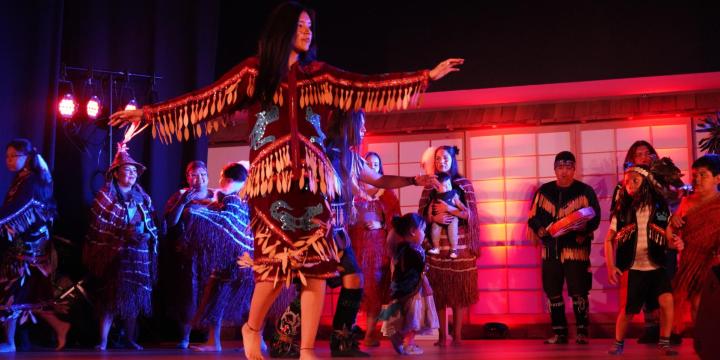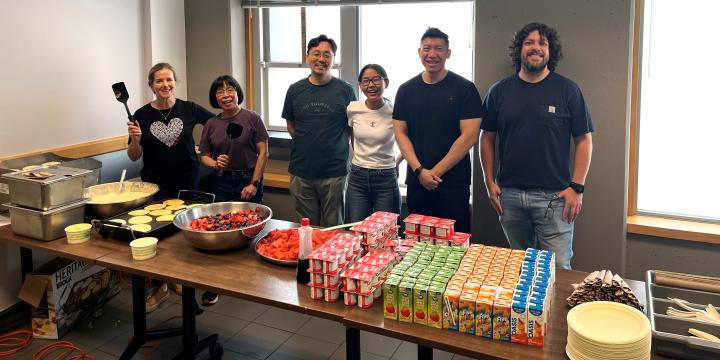
People are talking about feminism more than ever.
The use of the tag #feminism increased by 20% in 2016 from 2015. #feminism isn't the only thing that's trending, though. In conversations about feminism, people are also talking about the importance of intersectionality.
Intersectionality means acknowledging the effect of overlapping systems of discrimination, such as gender, ableism, classism, homophobia, transphobia or xenophobia. Intersectionality accounts for the multiple ways people experience oppression and the multiple ways people identify themselves.
Legal scholar Kimberlé Williams Crenshaw is credited with coining the term in 1989, presenting intersectionality as an unprecedented way to look at social justice issues. In her work, Crenshaw highlighted how Black women faced discrimination within legal systems and were not represented in feminist and anti-racist discourse. In particular, she highlighted that anti-discrimination law in America at the time treated issues of race and gender separately, and how this treatment put Black women at a disadvantage.
Intersectionality has since become an important framework for seeing ways to create social change.
A great example of intersectionality in practice can applied to organizing events. In the context of event planning, intersectionality means accounting for the accessibility needs of the guests and reducing barriers to their participation, such as trying to foster a safe space, making the event free or pay-what-you-can (if possible), being mindful of those who have physical disabilities, audio or visual impairment and those with fragrance sensitivities. Keeping intersectionality in mind when organizing an event means acknowledging the types of barriers that might prevent someone from attending.
In some cases, intersectionality seems most important when it’s been forgotten about.
A recent example is the Women’s March in Vancouver. Rallying in the spirit of feminism and the protection of women’s rights, the Women’s March received mass media attention and had a major turnout in cities across North America. As empowering and inspiring as the march may have been for many, the Vancouver Women's March was criticized for not being intersectional. The organizers were called out for excluding Black Lives Matter from the March by not inviting them to speak at the rally. Similarly, many trans rights activists in Vancouver voiced concerns about the inclusion of trans women in the march.
Striving for equality in 2017 means having conversations about intersectionality in order to make feminism more inclusive so the movement can progress.
Intersectionality is a hot topic for the YWCA Youth Advisory Council, who tackle many social issues with the intent to create meaningful conversations regarding how we interact with media and each other. To support programs like the Youth Advisory Council, contact Kathy Lilyholm at klilyholm@ywcavan.org | 604 895 5851

